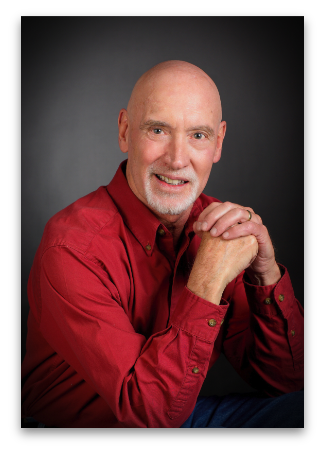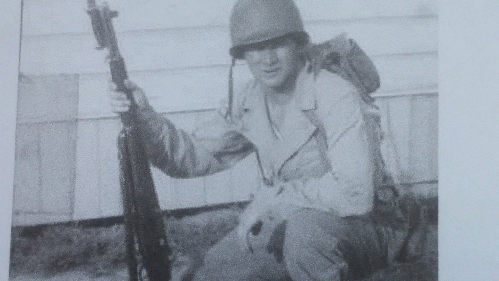Donald Trump recently declared that those racists and fascists who carried torches and swastika flags in Charlottesville included some "very fine people." He is thus an American president now speaking with sympathy and admiration for neo-Nazis, while putting these fascists on a moral par with those opposing them.
For 70 years, since the end of World War II, a consensus held across the democratic world that seemed so obvious it barely needed stating: Some ideas are beyond the pale, that certain beliefs are taboo because they are unconscionable.
Whatever else we might disagree on, all but a tiny, isolated fringe understood and accepted that Hitlerism was out of bounds. Trump has now ditched that understanding, and by praising those marchers has stomped all over that taboo.
We need to teach one of the darkest chapters in human history with renewed vigor, as if for the first time. And we have to do it with the urgent understanding that this is no longer about the past -- but about averting a deadly future. [Paraphrased from The Guardian click here]
I can't help but note that Trump has in effect and in reality crapped on what has been called "The Greatest Generation." While I have many personal caveats about that appellation for the generation that brought us the atom bomb, the CIA, the FBI, the beginnings of unfettered capitalism, and more, I hold respect for those who truly believed in what they were doing, as they put their lives on the line believing they were defending our country.
I further note that in my Dad's case, he didn't have to join the infantry; the Army liked him working on search lights somewhere on Long Island, as he was doing an exemplary job at it. But war fever was still running high in 1944, and many or most of my Dad's friends had joined to fight in Europe. Those were the reasons he gave me when I asked why he joined the armed forces.
My Dad earned several medals of honor, including a Purple Heart, along with a machine gun bullet through his chest--narrowly missing his heart, as the bullet deflecting off his hand grenade belt--and and another that caused permanent disability in his left arm. The mental scars I can't imagine, as he watched several of his personal buddies get blown away by grenades, as he lay freezing his ass off in the trenches. He said that was one time he actually pissed his pants. I can personally not even imagine the horrors he witnessed. He was also amongst the soldiers called "The Iron Men of Metz," in reference to an attack on one of Hitler's strongest fortifications, that included many bunkers with seven foot concrete walls, tightly surrounded with mine fields and vast tangles of barbed wire. More on that below, but here is a story my Dad wrote from the time he was enlisted as a truck driver.
Red Ball Express, by Walter Geery
Shortly after we landed at Omaha Beach, we were bivouacked in between hedgerows where we had spent a night in pup tents, when Sgt. Broer came through calling out names. Jim Averell, Ned Herion, Lou Pallaro, and yours truly. These are the names I remember, there were more.The Sgt. told us to grab our duffel bags and our rifles and go down the road to another bridge where there was a Lieut. waiting for us. When we got there the lieutenant told us we were now truck drivers. If we had never driven a truck before, we were to get into one of this those standing in between the hedgerows and practice driving the "6 x 6" 2 ton trucks. I have never driven a truck so I practiced.
Within a short time we were put in a convoy formation. Sixteen trucks to convoy and we were on our way to someplace along the coast to pick up supplies for Patton's men and the tanks. We established a base along the road just south of a town called Versailles.
I do not remember how many runs we made, but we made quite a few from various places along the coast to just behind the battle lines. We hauled three different supplies: ammunition, food, and fuel to Patton's army. Patton's army used 400,000 gallons of fuel a day during August 1944.
Lou Pallaro and I were assigned to the same truck. Lou had driven trucks since he was a little guy back on a ranch in Colorado. It was a pleasure being with Lou, he was a very good driver and a great guy to get along with. He taught me a lot about driving trucks.
In the convoy we drove 24 hours a day three hours on three hours off, with the accelerator on the floor. We did slow down a bit going through towns. At night we traveled with no lights. As we went through towns in the dark there were MPs waving us through with flashlights.
(Note: You can view every article as one long page if you sign up as an Advocate Member, or higher).






